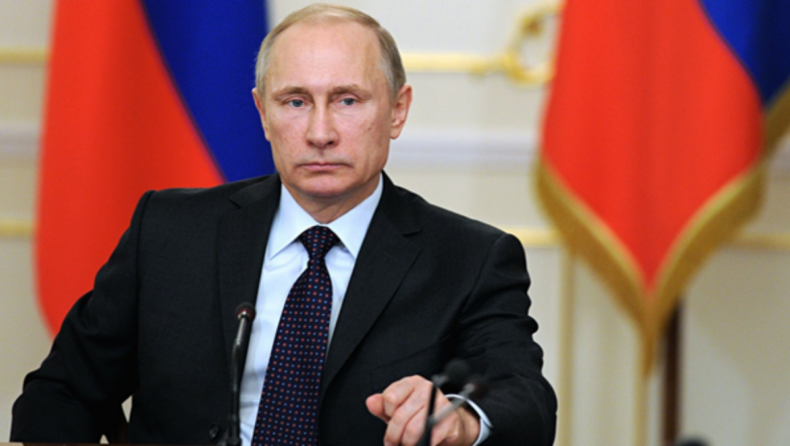The International Criminal Court (ICC) is now looking into alleged war crimes that took place after Russia invaded Ukraine earlier this month. This comes as more people are calling for Vladimir Putin to be punished.
The West has united in its condemnation of the incursion, adopting a slew of punitive measures in an attempt to persuade Moscow to reverse direction. Russia has not been slowed down in its attack on Ukraine, which has killed thousands and caused a huge refugee crisis.
In an interview with ABC News, Ukrainian President Volodymyr Zelenskyy declared, “All people who came to our nation, all people who gave such instructions, all soldiers who were shooting—they are all war criminals.” Many times, the United States has said that war crimes were committed by Russia when it invaded and took over parts of Ukraine.
Experts warn that, despite the expanding number of charges, a full-fledged conviction in a case like this could be difficult to come by. If the ICC’s track record is any indication, it will take years, if not decades. Only ten people have been convicted by the ICC in the last two decades.
What is a war crime, exactly?
Following requests from 40 member nations, ICC Chief Prosecutor Karim Khan said on March 2 that an inquiry into alleged war crimes in Ukraine would be launched.
The International Criminal Court (ICC) establishes explicit definitions of genocide, war crimes, crimes against humanity, and aggression. These concepts are established in the Rome Statute, a treaty that serves as the ICC’s foundation.
Targeting civilian populations, breaking the Geneva Conventions, and targeting specific groups of individuals are all constituted as war crimes, according to its rules. According to the ICC’s standards, war crimes include murder, mutilation, brutal treatment, kidnapping, rape, and sexual enslavement.
International humanitarian law also prohibits the use of weapons that could cause a lot of pain, like anti-personnel landmines and chemical or biological weapons.
What is the ICC’s purpose?
The International Criminal Court (ICC), based in The Hague, Netherlands, is an independent court that can prosecute people for four major crimes: war crimes, crimes against humanity, genocide, and aggression.
The ICC has authority over nearly every country on the globe, with 123 countries having joined the Rome Statute. There are, however, some notable exceptions. The treaty has been signed by 31 countries, including the United States, Russia, and Ukraine, but it has yet to be approved. After the ICC’s ruling on Russia’s seizure of Crimea in 2014, Russia withdrew from the court in 2016.
Individuals, not countries, are tried by the court. Anyone from a country that falls under the ICC’s jurisdiction who is accused of a crime can be tried. The ICC usually prosecutes the highest-ranking individuals and leaders who bear the most culpability.
Investigators will look at both previous and contemporary charges in the case of the Ukraine war. If Putin approved war crimes during Russia’s takeover of Crimea from Ukraine, this will almost certainly be included.
If sufficient evidence exists, ICC judges will issue arrest warrants for the accused. It can not hold a trial in its absence. Russia’s Vladimir Putin is unlikely to appear on his own because he is not a member of the court. Either the Russian military would have to hand him over or he’d have to be taken into prison outside of Russia.
Cases can be referred to the ICC for investigation by either a national government or the UN Security Council. Because Russia is a permanent member of the UN Security Council, it has the power to stop what it does.
What activities by Russia have been labelled as war crimes?
President Zelenskyy of Ukraine has accused Russian fighter jets of firing indiscriminately on civilian targets around the country. The attack on the Zaporizhzhia nuclear power station has also been labelled a “war crime” by the United States.
According to NATO Secretary General Jens Stoltenberg, Russia is using cluster bombs in Ukraine. Human rights groups have long said that cluster bombs should not be used because they could kill innocent people.
A strike on a maternity hospital in Mariupol has also been blamed on Russia. After the tragedy, Ukrainian President Volodymyr Zelensky tweeted, “People, children are under the wreckage,” calling it an “atrocity.”
Published By : Revathy G Sanal
Edited By : Subbuthai Padma













